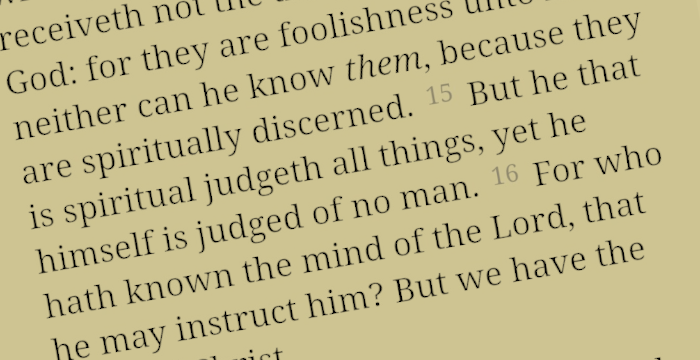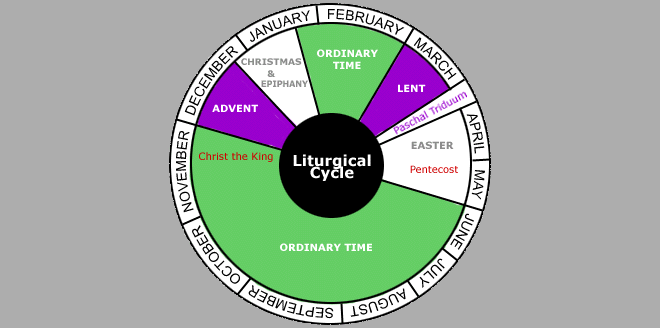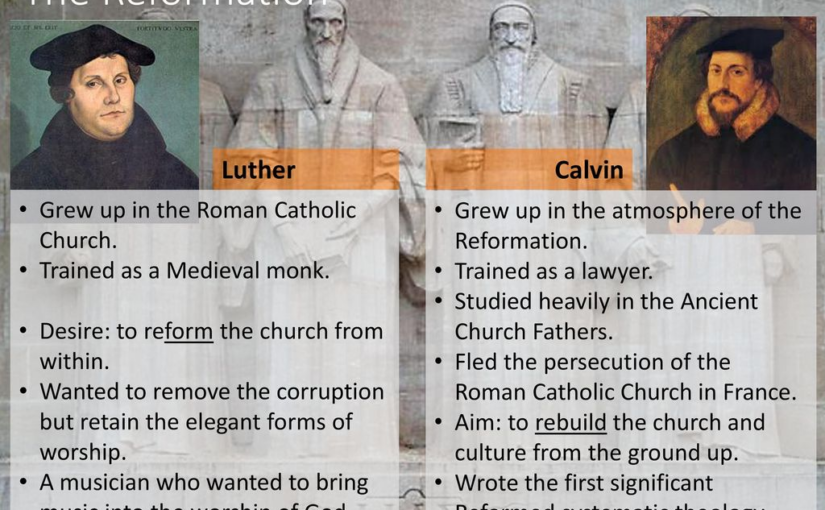In a recent Facebook-Post [1] someone claimed that none of the prominent Evangelical authors and teachers, such as Voddie Baucham, John MacArthur, Paul Washer, Alistair Begg, etc,, who claim to believe in the inerrancy of the Bible, are able or willing to point to any translation of the Bible, in any language and of any age, nor to any manuscripts in the original languages, which actually are that inerrant Bible.
He also claimed that the “Critical Text” of the Bible, which scholars have re-constructed from thousands of manuscript fragments in Hebrew, Aramaic, and Greek as the closest approximation to the text of the original manuscripts (which have not survived), is “Vatican supervised”, as are all the current translations of the Bible which are based on it—whatever that means, other than being an attempt to discredit them.
I don’t know what exactly the poster’s agenda or message is (he might be a “King-James-Only”[2] type), but his post reveals both ignorance of the nature of languages and translations, as well as a massive misunderstanding of the doctrine of the inerrancy of Scripture as it is understood by all serious scholars, whether they subscribe to it it or not:
Until the second half of the 20th century conservative Protestants[3] generally held to the doctrine of the Verbal, Plenary Inspiration of Scripture[4]. Then, in the wake of the fundamentalist–modernist controversy in the Presbyterian Church in the USA and the publication of a series of articles called The Fundamentals, re-iterating the traditional, conservative positions on a number of Christian doctrines. Fundamentalist came into use for those who held to these traditional beliefs. Because of the birth of the movement in a controversy, Fundamentalists tended to be pretty rigid and belligerent, and in the 1940s and 1950s some fundamentalist Christians tried to formulate their views in a more nuanced, irenic, and intellectually robust way; they came to be known as E.vangelicals. During the mid-twentieth century, in the face of continued challenges to traditional views on the historicity, reliabiity, and authority of the Bible, some Evangelicals felt the need to “fine tune” the doctrine of Scripture. The result was the International Council on Biblical Inerrancy (ICBI) meeting held in Chicago in October 1978, and the Chicago Statement on Biblical Inerrancy.
The Chicago Statement affirms the belief that the Bible, in its original manuscripts, is without error or contradiction in all matters it addresses, including matters of history, science, and theology.
Just like the earlier doctrine the claim to inerrancy applies only to the original autographs, the original manuscripts written by the human authors themselves, which we don’t have. It applies to the thousands of manuscript fragments which we do have (comparatively many more than for any other text of antiquity) only to the extent that these are accurate and reliable copies of the original text.
The science or art of reconstructing the original test, or at least the best possible approximation of the original test, from the manuscript fragments we have as well from ancient translations such as the Septuagint[5], is called textual criticism; the resulting Hebrew and Aramaic (for the Old Testament) and Greek (for the New Testament) text is referred to as the Critical Text, and most contemporary translations, in English as well as other languages, are based on that Critical Text which reflects the consensus of the majority of scholars. The Critical Text is, of course, not completely static; if new manuscript fragments are found, or new historical artifacts are found which increase or knowledge of Ancient Near East culture, improvements can be made. Neither are translations of the text completely static, eben without any shift of conviction on the part of the translator(s): if there are textual improvements, or a few years of using a translation make clear that a certain phrase leads to misunderstandings, translations are revised.
Which brings us to translations. Scripture itself does not even mention translations of the Scriptures into other language, thus anyone who professes belief in sola scriptura should not be making dogmatic statements about the authority of any translation. Not only for this reason no serious Christian theologian, whether he subscribes to inerrancy or not, would claim either verbal inspiration and infallibility or inerrancy for a translation. Both doctrines only apply to the original autographs in the original languages; translations, like manuscripts in the original languages are infallible or inerrant only to the extent that they faithfully reproduce the original autographs.
Regardless of how one characterizes the original manuscripts or their copies, anyone who claims infallibility or inerrancy for a translation ignores the inherent limitation of any translation which is due to the nature of languages. Since there is no one-to-one equivalence of either words or grammatical constructs between different languages, whether they share the overall culture (i.e. West European languages), or whether their cultures are separated by geography (i.e Europe and the Middle East) and by thousands of years.) Thus, all translation work involves judgment calls on the meaning of words and phrases, and of course these judgments reflect the convictions and biases of the translator.[6]
Given all this, how can we rely on the Bible or anything it says?
First, for the Christian, there is another old doctrine of the church: the belief that not only inspired Scripture, but also preserves it, in such a way that despite lost manuscripts, copyist’s errors and all the problems with translation, since God gave the Bible as revelation of everything we need for salvation and a life pleasing to Him, He has preserved it and still preserves it in such a way that we can know what He wants us to know.
Second, for the one who is not yet a Christian, confidence in the text of the Bible can be inspired by the fact that the text of the Bible is extremely will documented. For the New Testament, we have close to 6000 Greek manuscripts or manuscript fragments, including whole or partial copies of the New Testament books, dating from the 2nd to the 16th centuries. Also, there are numerous manuscripts or fragment of Latin other ancient translations that contain portions or whole books of the Bible. For the Old Testament or Hebrew Sciptures, the primary textual tradition is known as the Masoretic Text, which dates to the early Middle Ages, but it is based on even older textual traditions. The Hebrew Bible has been in continual use as the holy book of Judaism, and the reliability of the Jewish scribes in accurately preserving the text has been confirmed by the discovery of the Dead Sea Scrolls between 1947 and 1956. All of this is far better documentary evidence than for any other ancient document. For the Christian believer this is, of course, evidence for the doctrine of the Preservation of Scripture.
When it comes to translations, with the exception of some clearly partisan translations such as the Jehovah’s Witnesses’ New World Translation, all translations, both older and newer, theach the same Gospel. Yes, there are differences between translations, but they are really significant only if one wishes to base a doctrine or teaching on a single word in a single Bible verse—an absolute theological no-go. All the major doctrines of the Christian faith are based on broader evidence, and can be found in almost any translation of the Bible, including Justification by Faith in Roman Catholic and Orthodox Bibles.
Personally, I believe that the Bible is God’s revelation of himself in words, and thus the words are important, and I hold to the doctrine of verbal, plenary inspiration of the Bible, which is infallible in what it teaches. However, not every detail in the Bible is part of what it teaches; thus slight differences in the narrative portions of the Bible which do not affect its teaching are of no concern to me.
There are those who believe that if the Bible is inspired it must be 100% correct down to the minutest detail, and that is how they interpret the doctrine of inerrancy. But this ignores the fact that God used human authors to write down His revelation, human authors who were not robots but retained their human personalities. Part of their humanness is varying recollections, and unless these variances would have corrupted the teaching, the revelation, God clearly did not see fit to prevent them That does not take away from the Bible’s reliability and infallibility, which only apply to what it teaches.
__________
- https://www.facebook.com/groups/1567027963614699/permalink/3478211135829696/[↩]
- King James-Onlyism adherents believe that the KJV is the only accurate and reliable translation of the Bible. They argue that it was divinely inspired in its English translation and that other modern translations lack the same level of divine guidance. They argue that the KJV is not only divinely inspired but also perfectly preserved and free from any errors or mistakes. They believe that God has supernaturally safeguarded the accuracy of the KJV throughout history.)1 In part this is based on the belief that the Textus Receptus (Received Text), a Greek text based on the Greek New Testament produced by Erasmus of Rotterdam in 1516, is the only divinely inspired text of the New Testament, which is belied by Erasmus’ own characterization of his work. Consequently, KJV-Onlyists consider contemporary translations of the Bible to be corrupted to a greater or lesser degree.[↩]
- The terms evangelical and fundamentalist, as they are used today to describe certain groups or movements within conservative Protestantism, didn’t come into existence until the early (fundamentalism) or mid (evangelicalism) 20th century.[↩]
- Verbal, Plenary Inspiration: God guided the human authors in such a way that they wrote exactly what God intended them to write. This view emphasized that every word, not just the general ideas or concepts, was inspired. This inspiration is plenary, i.e. full: every part of Scripture was equally inspired by God, including historical narratives, poetry, prophecy, and doctrinal teachings. As such, Scripture is infallible, meaning it is incapable of teaching falsehood or error on matters to which it speak.
This doctrine upholds the reliability and trustworthiness of the Bible for matters of faith and practice. Scripture is the ultimate authority for matters of faith and Christian living; it is the final standard by which all teachings and beliefs should be evaluated.[↩]
- The Septuagint, abbreviated as LXX from the Roman numeral 70, is a translation of the Old Testament into Greek, produced by Jewish exiles in Alexandria between 250 B.C. and 100 A.D.[↩]
- The problem of bias in a translation tends to be minimized for translations done by a reasonably broad committee, and more pronounced by translations done by individuals.[↩]









